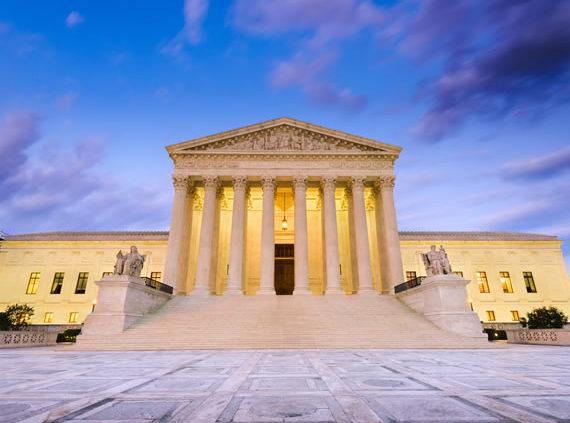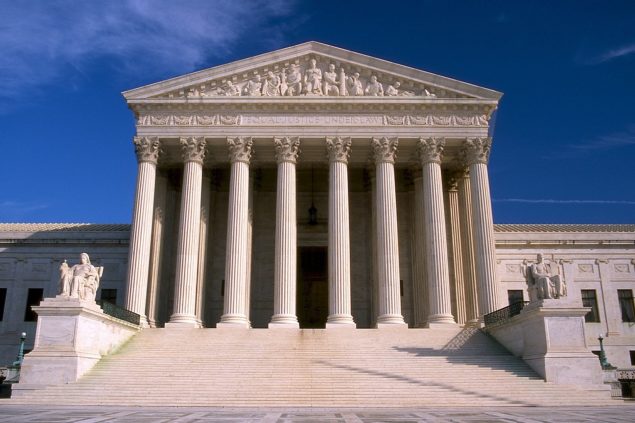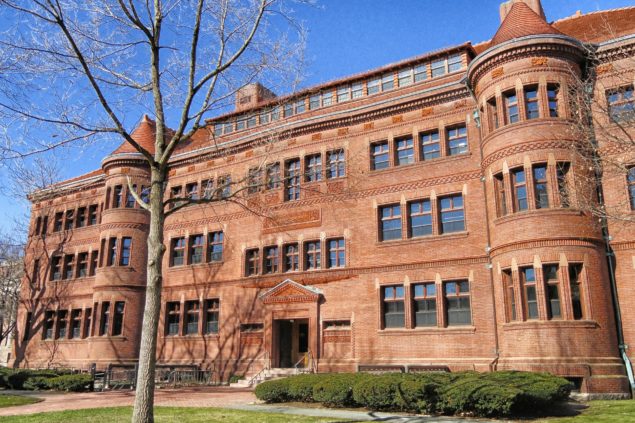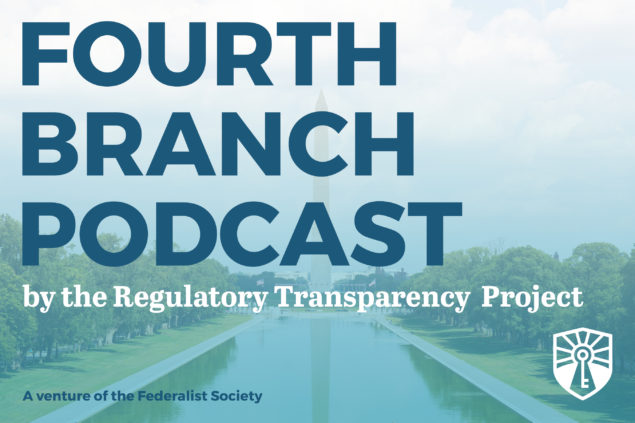Wen Fa
Attorney
Pacific Legal Foundation
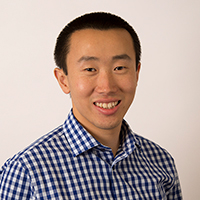
Wen Fa
Attorney
Pacific Legal Foundation
Wen Fa is an attorney at the Pacific Legal Foundation’s national headquarters. He has litigated numerous direct-rep cases dealing with free speech and equal protection.
Wen’s clients include Edmund, a black fourth-grade boy who wants the chance to attend the same schools as his white neighbors; Adam, a fifth-generation business owner who wants to sell his artisanal butter to Wisconsin consumers; and Andy, a voter who wants to wear a shirt with the words “don’t tread on me” when he votes.
Wen has promoted liberty through speeches to Tea Party groups and a panel debate at Berkeley Law. Wen has appeared on radio over a dozen times, and has been quoted in Reason Magazine. He has published a scholarly article in the William and Mary Bill of Rights Journal and shorter pieces in newspapers and PLF’s blog.
Wen holds a Bachelor’s from the University of Texas at Dallas, a Master’s in Political Theory from the London School of Economics, where he studied under libertarian scholar Chandran Kukathas. Wen graduated from the University of Michigan Law School in 2013, and worked at Human Rights Initiative in Dallas and Institute for Justice in Austin before joining PLF. Wen is licensed to practice law in California, Texas, and several federal courts, including the Supreme Court of the United States.
Wen is the founder of the Sacramento Chapter of America’s Future Foundation, and a board member of the Sacramento Lawyers Chapter of the Federalist Society.

A person listed as a contributor has spoken or otherwise participated in Regulatory Transparency Project events, publications, or multimedia presentations. A person's appearance on the website does not imply an endorsement or relationship between the person and the Regulatory Transparency Project. The Regulatory Transparency Project takes no position on particular legal or public policy issues. All expressions of opinion by a contributor are those of the contributor.
Contributions
Litigation Update: CFER v. Alameda & Raak Law v. Gast
Wen Fa provides a litigation update on two cases involving race-and-gender-based legal quotas.
Watch this videoDeep Dive Episode 233 – Litigation Update: CFER v. Alameda & Raak Law v. Gast
Wen Fa provides a litigation update on two cases involving race-and-gender-based legal quotas.
Listen to this podcastDeep Dive Episode 212 – Litigation Update: Roberts v. Bassett: NY Racial Preferences in Allocating COVID Treatments
Wen Fa joined us to discuss the latest in his case challenging racial preferences in New York’s allocation of COVID-19 treatments.
Listen to this podcastLitigation Update: Roberts v. Bassett: NY Racial Preferences in Allocating COVID Treatments
Wen Fa joined us to discuss the latest in his case challenging racial preferences in New York’s allocation of COVID-19 treatments.
Watch this videoDeep Dive Episode 187 – Courthouse Steps Decision: Cedar Point Nursery v. Hassid
Attorney Wen Fa analyzes the Supreme Court’s decision in Cedar Point Nursery v. Hassid.
Listen to this podcastRacial Preferences in Government Contracting: How It Happens and Why It’s Wrong
Wen Fa
Wen Fa discusses racial preferences and the public contracting process.
Read this articleDeep Dive Episode 169 – Courthouse Steps Oral Argument: Cedar Point Nursery v. Hassid
Wen Fa joins us to break down oral arguments in Cedar Point Nursery v. Hassid.
Listen to this podcastExplainer Episode 15 – Equality in Government Contracting
In the midst of the COVID-19 pandemic, the federal government is waiving affirmative action requirements in federal construction projects. Wen Fa discusses whether state and local regulations should follow suit.
Listen to this podcastExplainer Episode 10 – Did Harvard Admissions Discriminate Against Asians?
In Students for Fair Admissions, Inc. v. Harvard, it is alleged that Harvard admissions discriminated against Asians applicants. In this episode, Pacific Legal Foundation attorney Wen Fa discusses the case, the legal context in which the case was brought, and the case’s potential implications.
Listen to this podcastReal Harms from Racial Discrimination in Harvard Admissions
Wen Fa
“If you are an Asian American — or even if you simply have an Asian or Asian sounding surname — you need to be careful about what you do and don’t say in your application.” That’s from The Princeton Review, and it’s indicative of what Asian-American teenagers can expect to read in college admissions guidebooks and hear from high school counselors.
Read this articleIt Shouldn’t Be Illegal to Wear a T-shirt
Wen Fa
It shouldn’t be illegal to wear a t-shirt. Yet several states, including California, Colorado, and Tennessee, have established buffer zones in which political expression is forbidden when it matters the most. On Election Day, voters in these states are forbidden from wearing t-shirts or buttons that ostensibly express political messages. In some states, Americans are even prohibited from displaying political yard signs on their own property if they happen to reside too close to a school or a church that’s being used as a polling place.
Read this articleSpeech Police at the DMV: Regulation and Arbitrary Rule
Wen Fa
Vague laws invite arbitrary power. Laws that require regulators to censor speech they find offensive, for example, give them free rein to make decisions that are arbitrary, biased, and unjust.
Read this articleExplainer Episode 4 – Civil Rights and Vanity Plates
A USC professor was barred by the California DMV from putting a soccer slogan on his vanity plate; were his free speech rights violated?
Listen to this podcastGood Intentions Gone Awry: Racial Quotas in Connecticut Schools
Wen Fa
Hartford, Connecticut is a modern day tale of two cities. The city has world-class magnet schools, where students have access to butterfly vivariums and some of the best education the state has to offer. Then there are failing neighborhood schools, where rust has changed the color of traffic signs and where many children’s hope for a brighter future have been extinguished.
Read this articleDeep Dive Episode 59 – Cedar Point Nursery v. Shiroma
A recent Ninth Circuit decision held that a California regulation allowing labor organizers to spend time on an employer’s property for the purpose of soliciting union membership did not count as a ‘physical taking’ under the 5th Amendment. Wen Fa and Bethany Berger discuss the implications of this decision.
Listen to this podcast




